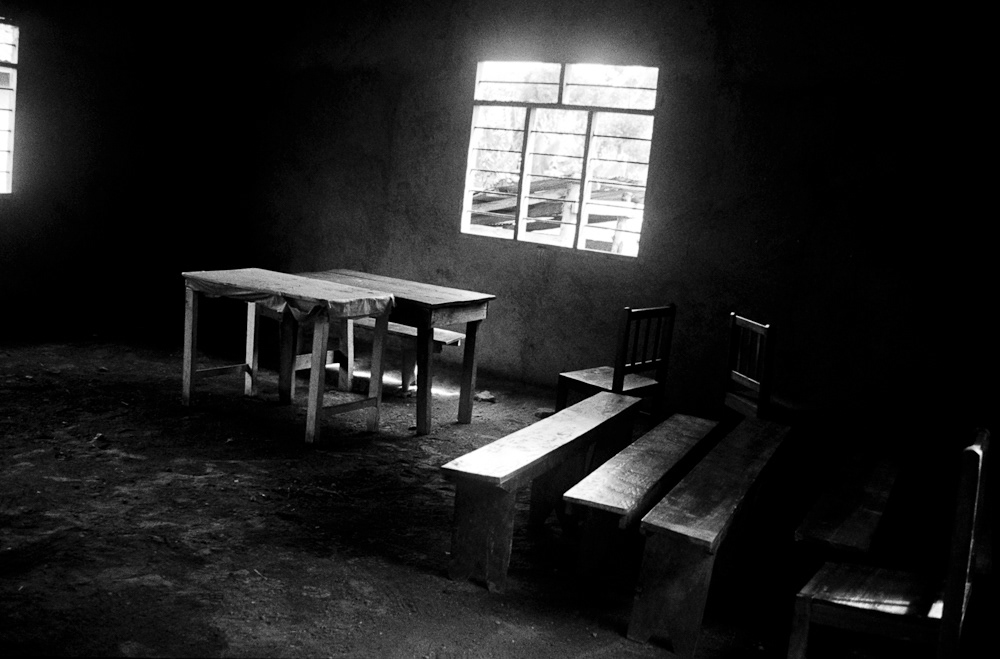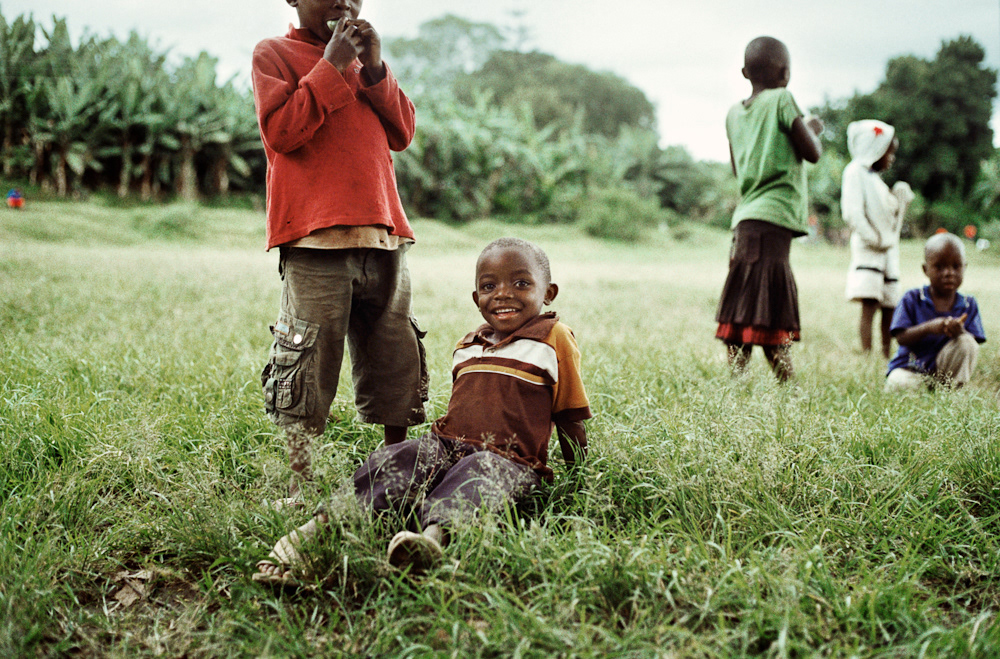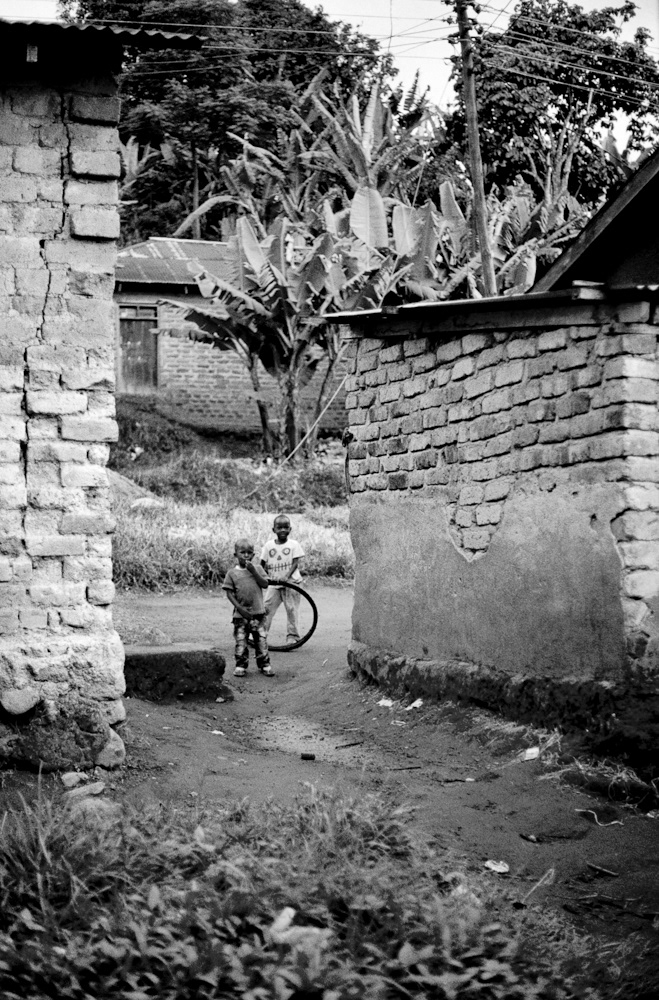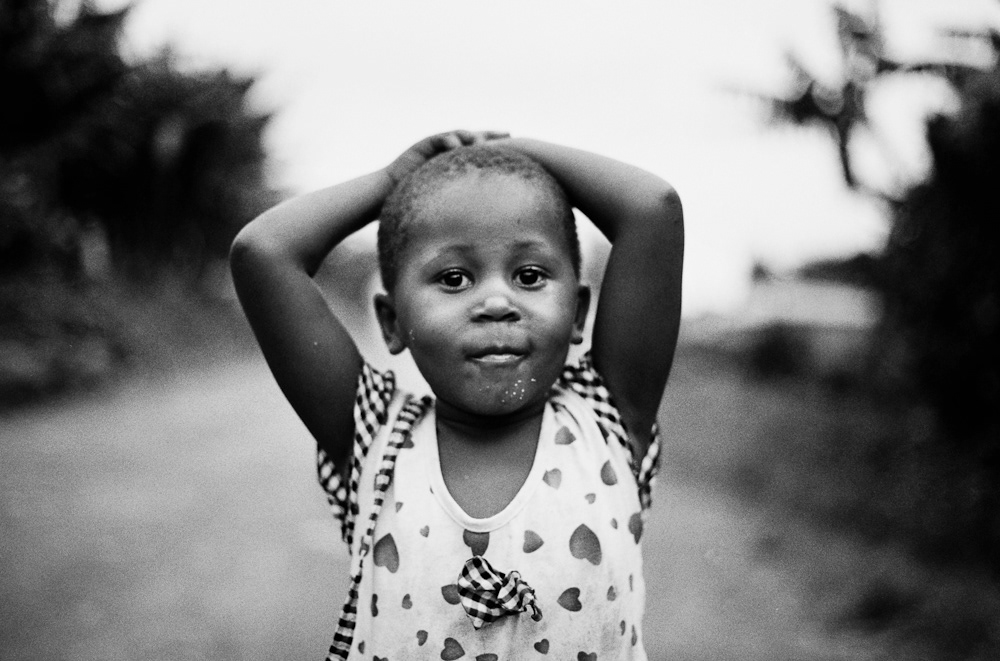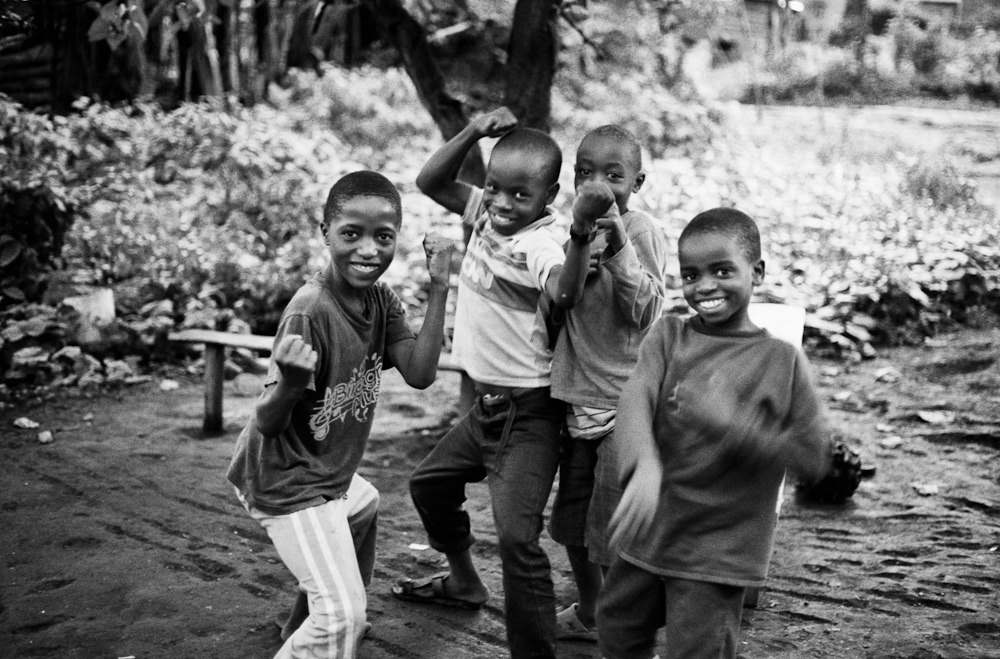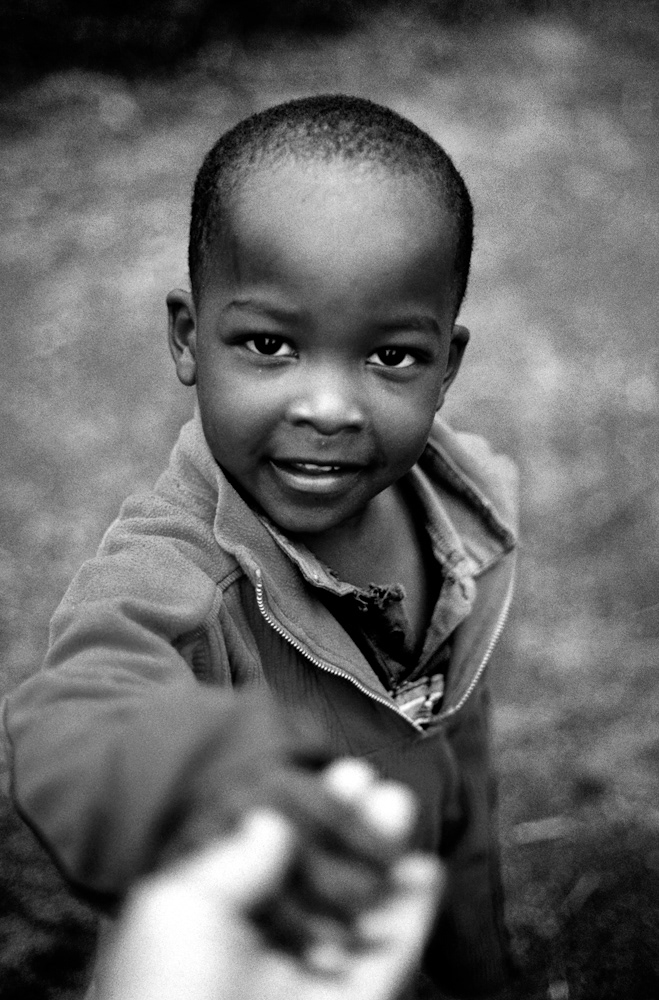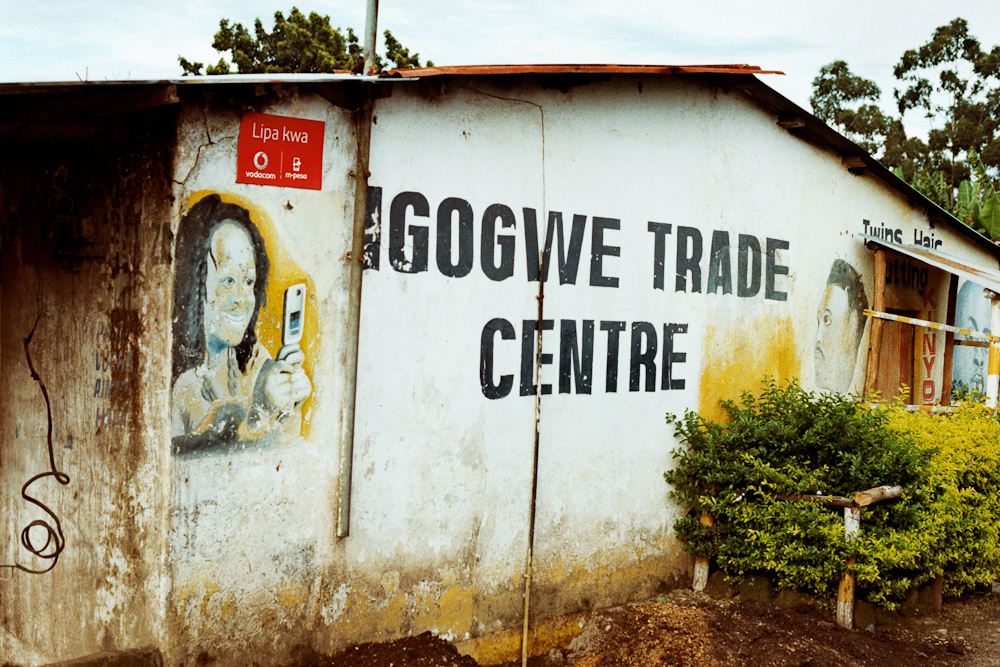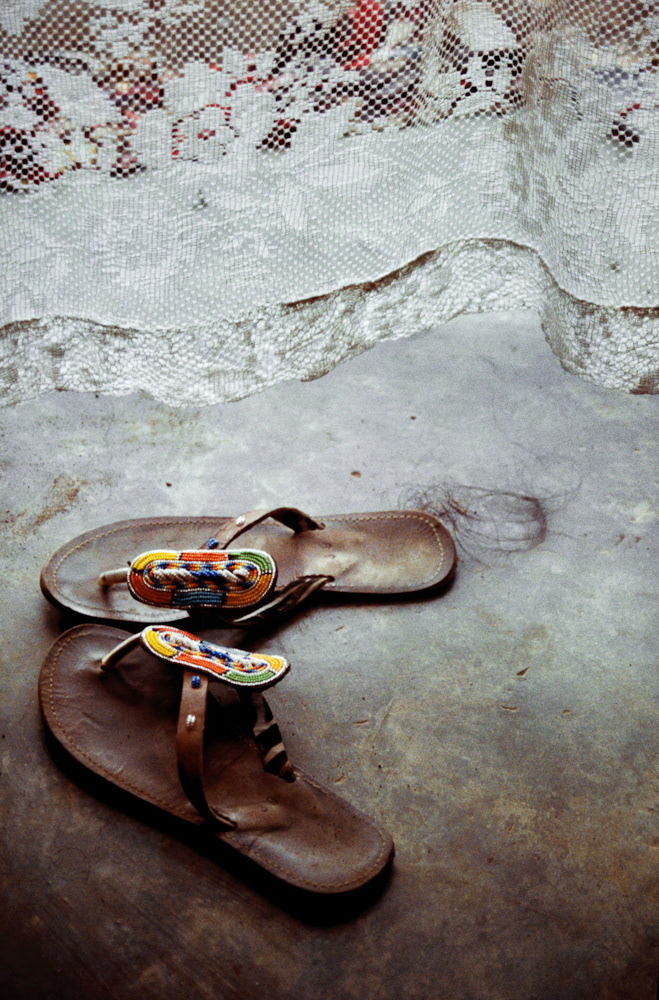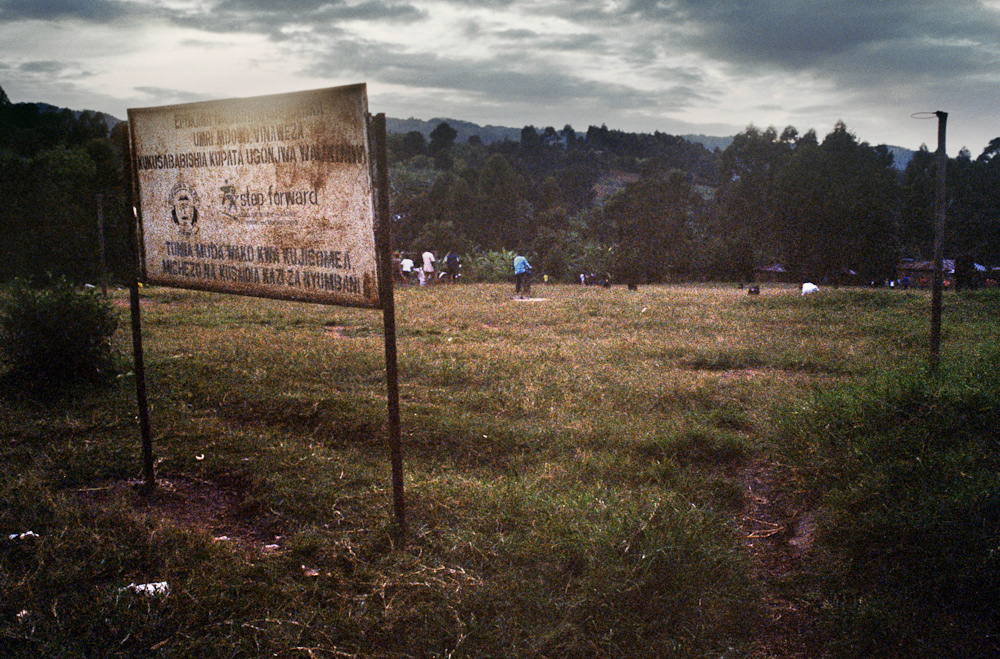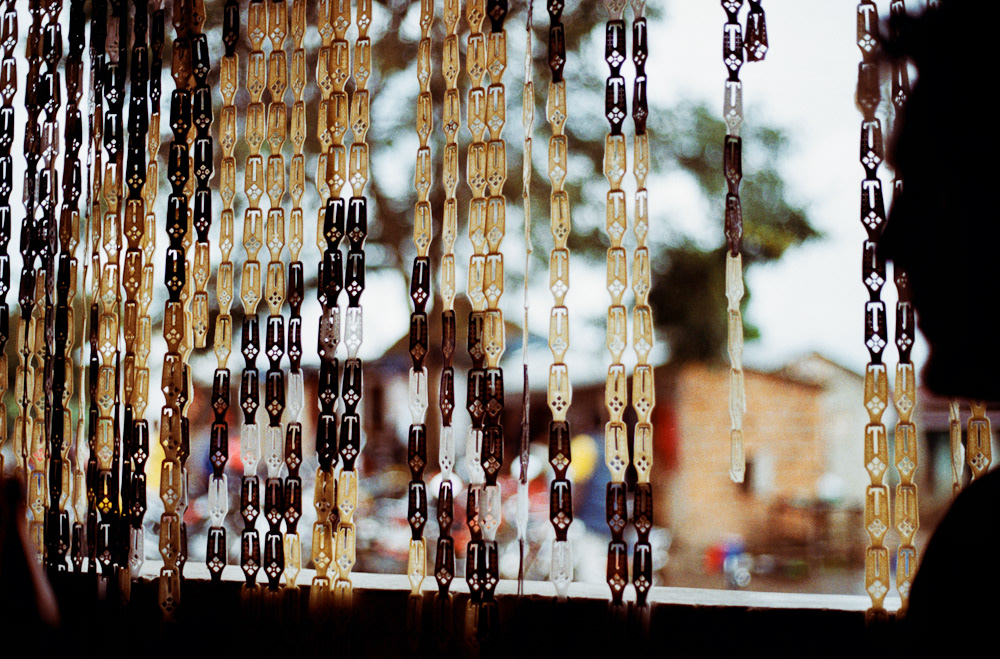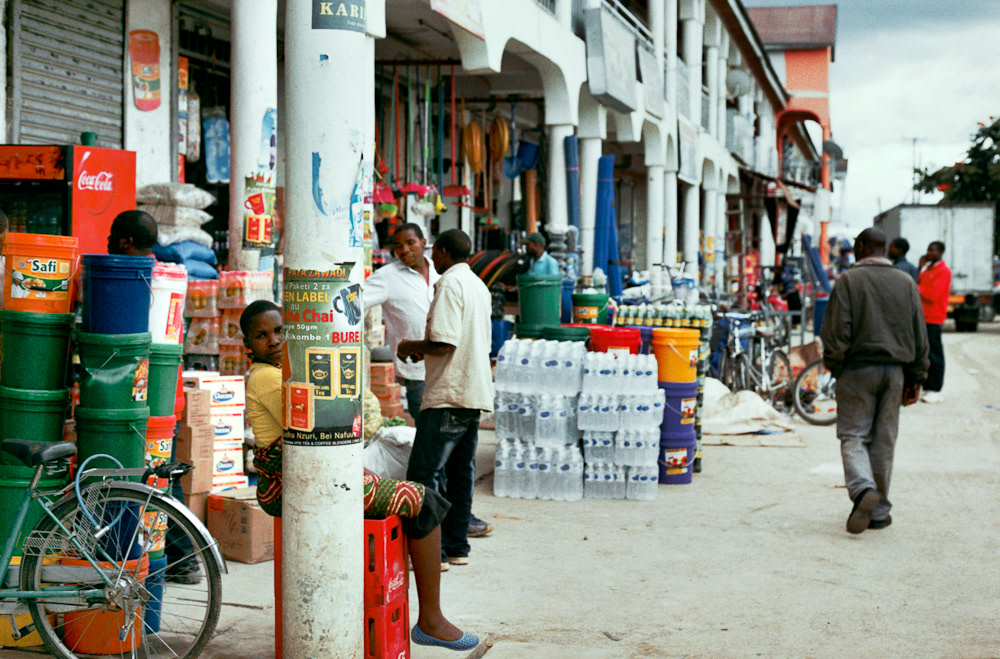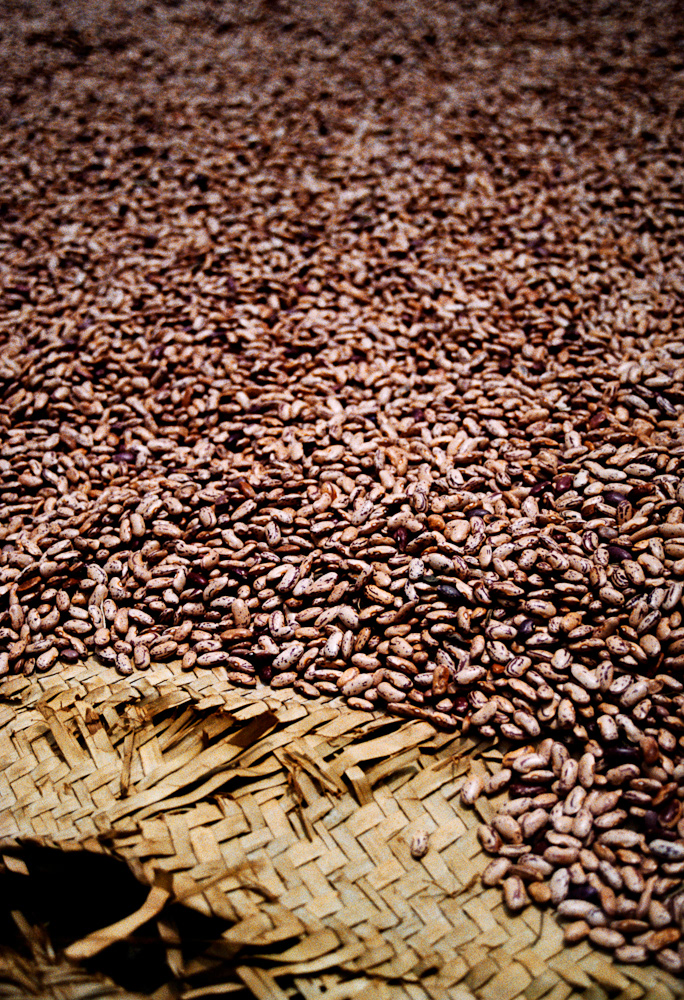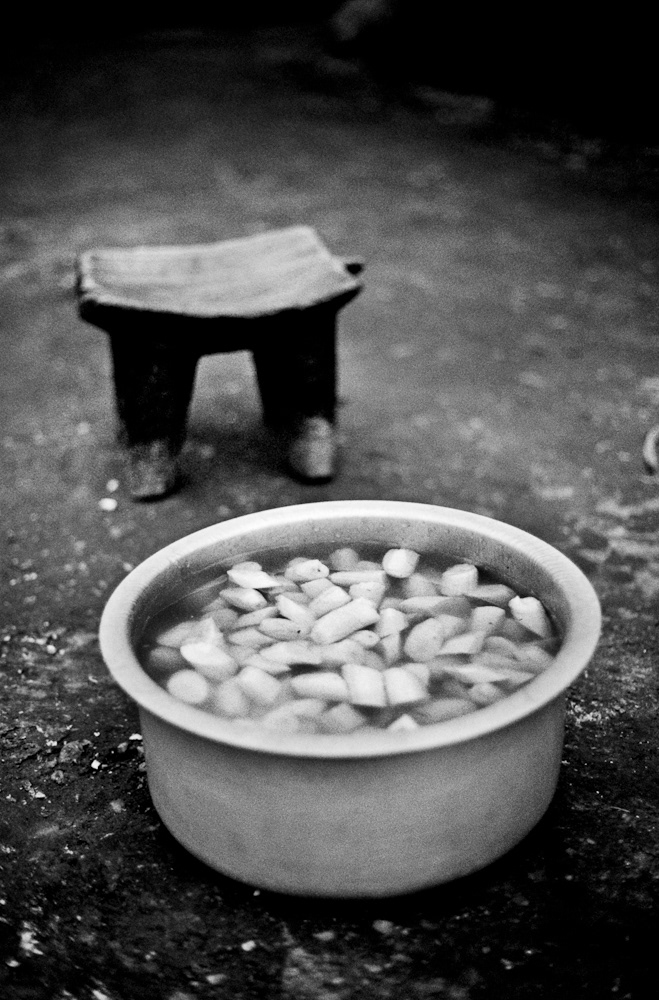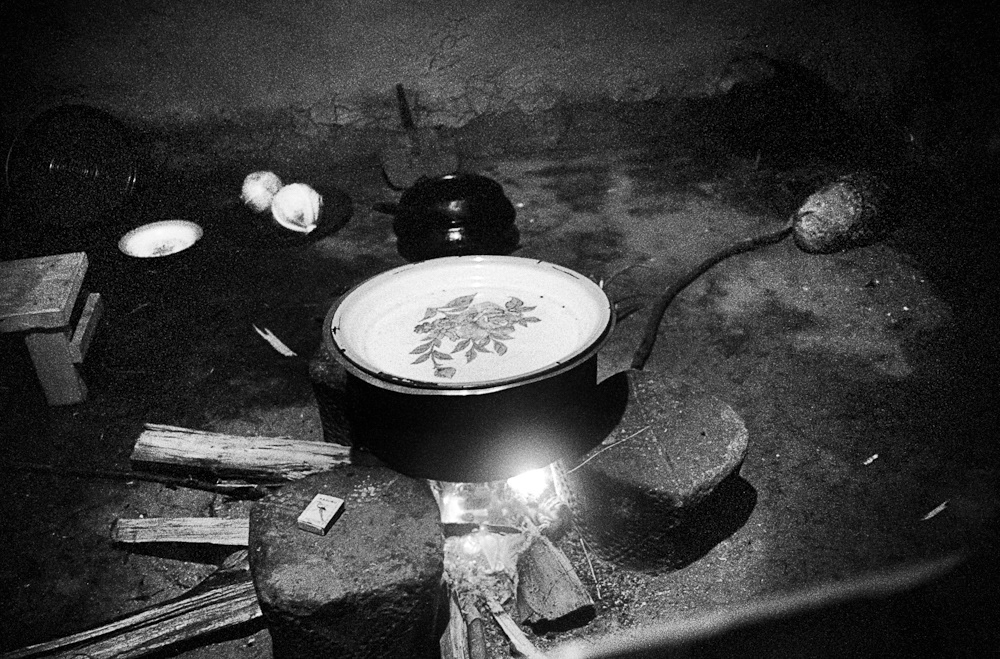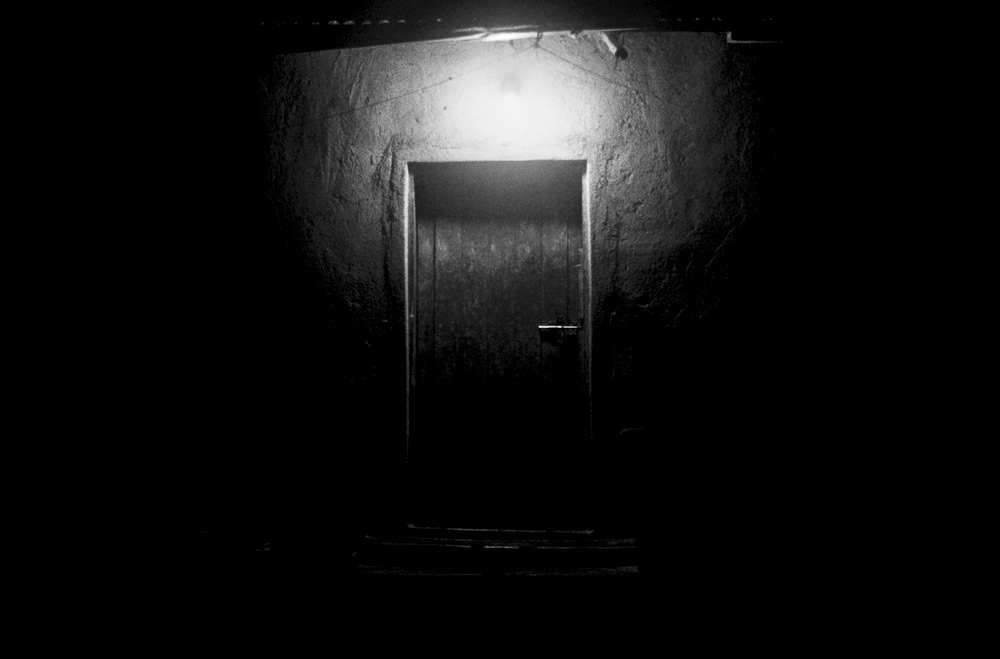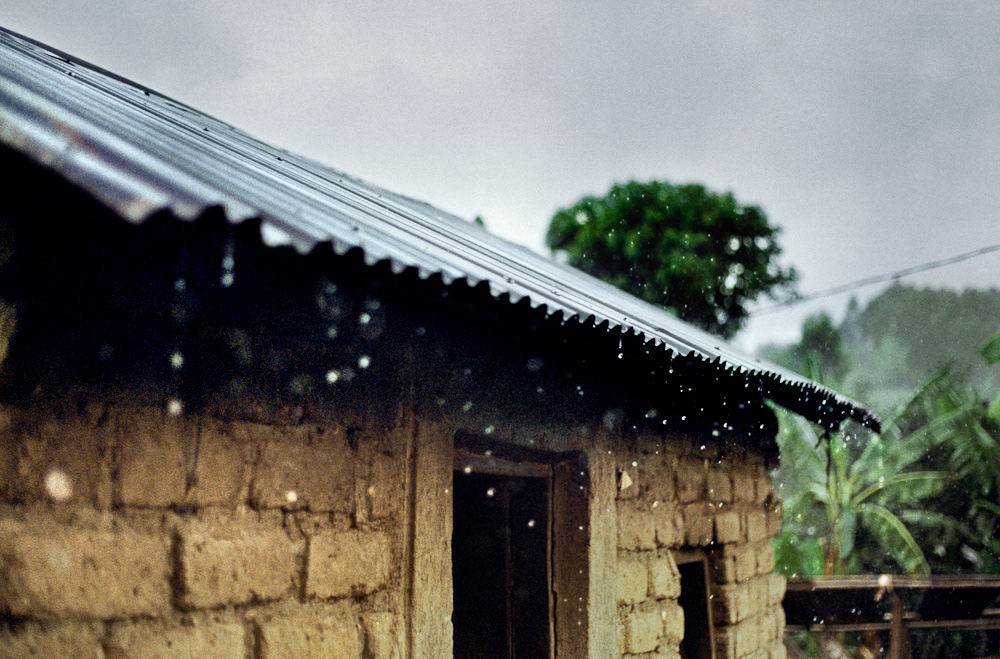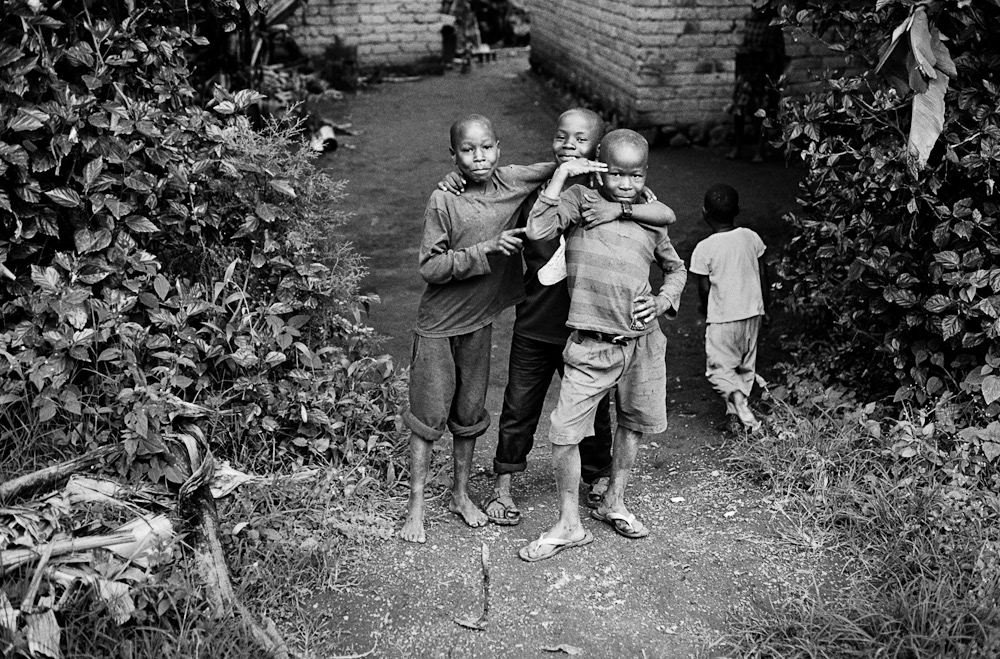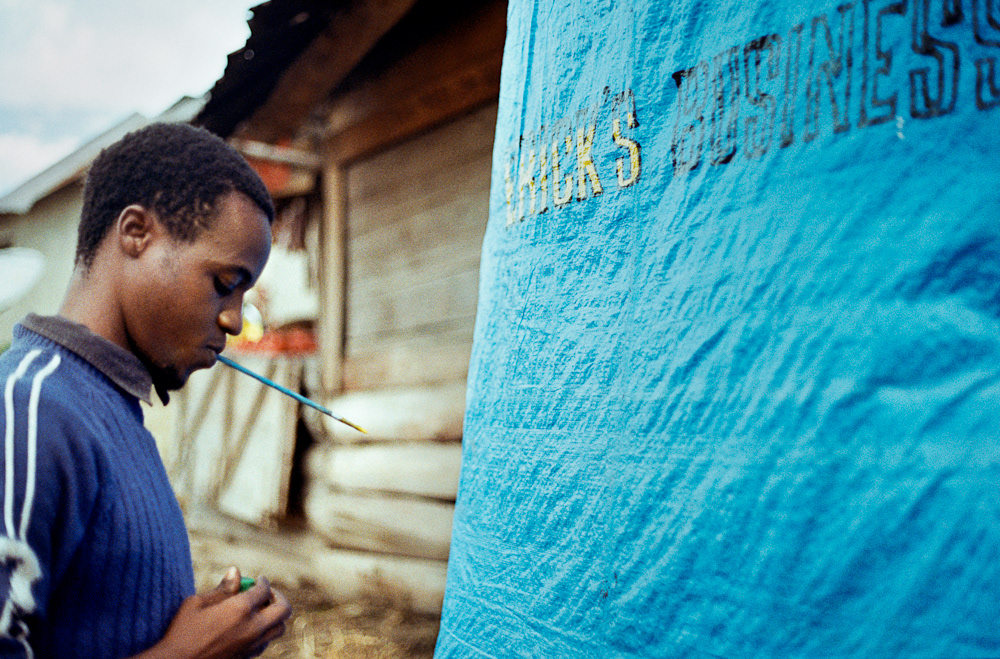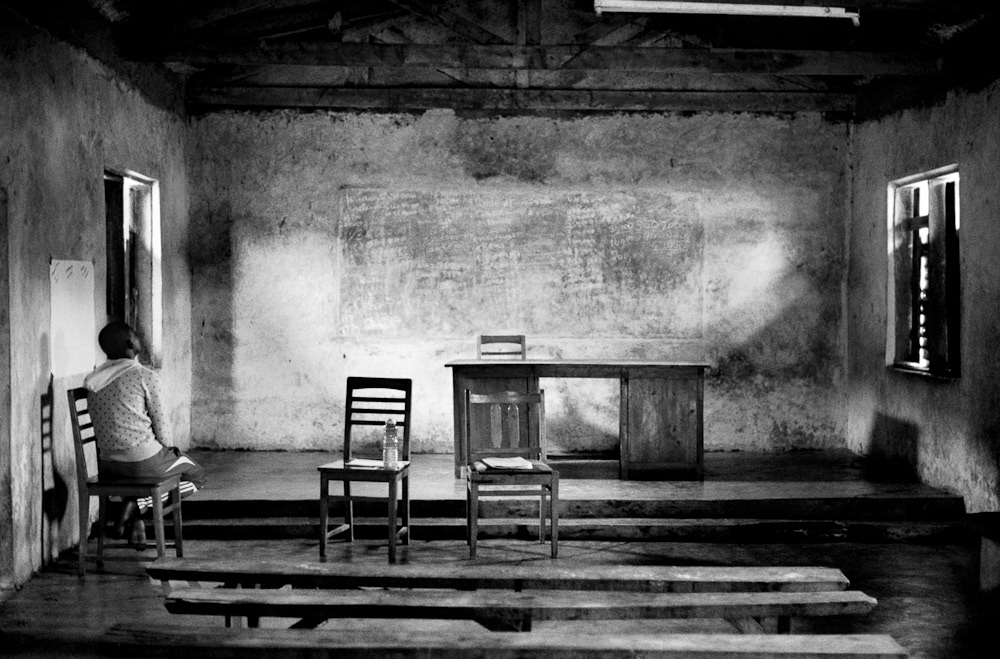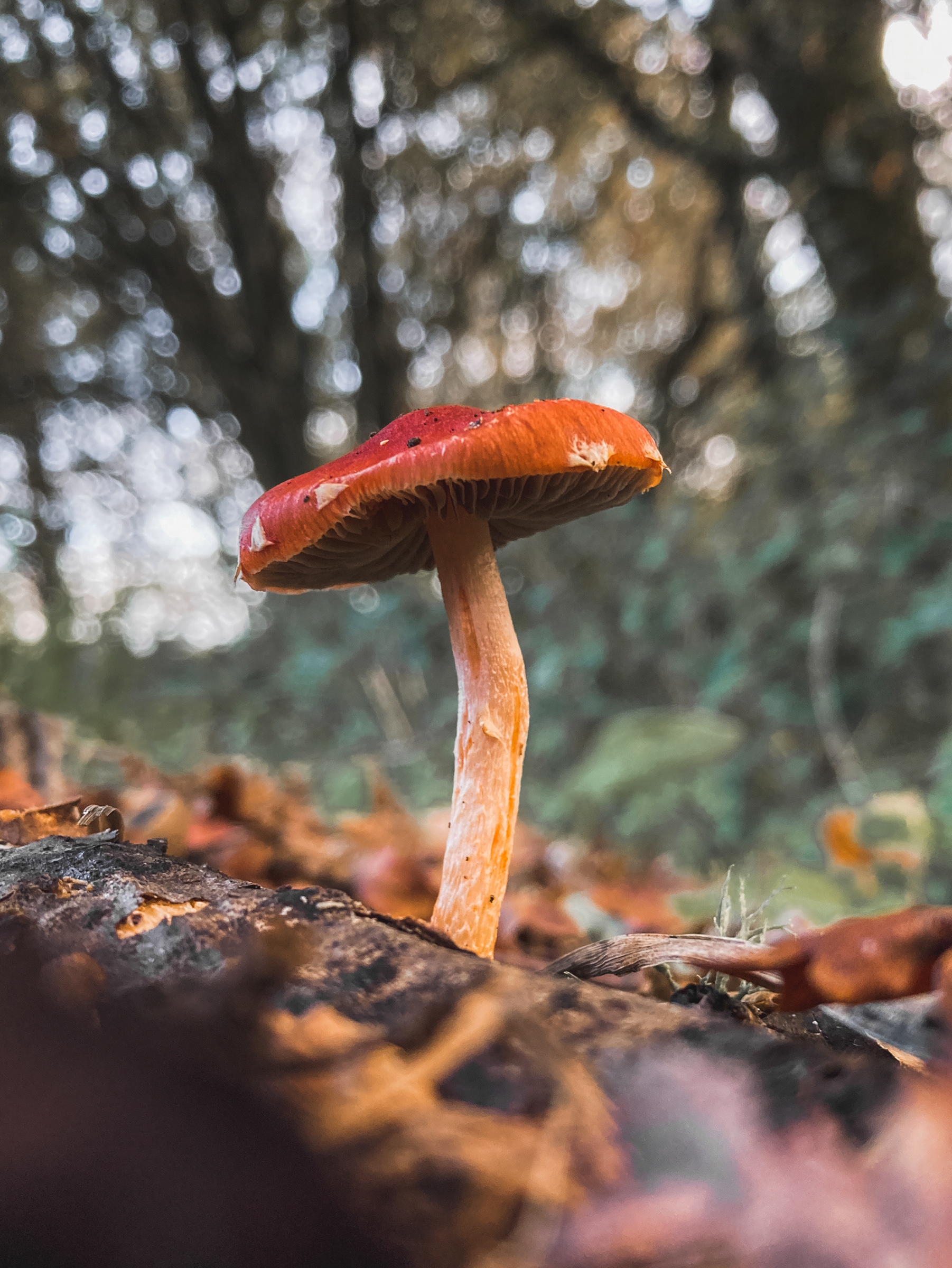During my transformative stay in the remote village of Lukata between February and April 2015, I had the privilege of capturing the essence of a place seldom seen from the Western perspective. As part of a pilot program for Raleigh International, I spent 10 weeks delivering education on basic business skills and connecting entrepreneurial youth with local investors and clients. Nestled in a banana plantation at the foothills of Mount Rungwe in southeast Tanzania, Lukata offered an immersive experience that was both challenging and profoundly awakening.
Everything about Lukata felt like a new adventure. I experienced a childlike wonder as I encountered the unfamiliar—each house, plant, cultural practice, and even the local cuisine was a discovery. This sense of novelty and excitement infused my time there with vibrant energy, which I sought to capture through my lens.
One of the most striking aspects of my time in Lukata was the way the villagers interacted with the camera. Unlike the automatic smiles often given in the Western world when posed for a photograph, the people of Lukata did not react with the same reflexive gesture. Instead, their expressions were largely unguarded and genuine, providing a window into their true selves. When smiles did appear, they were authentic and heartfelt, not forced.
This natural demeanour allowed me to capture more intimate and sincere portraits, revealing the deep character and emotion of each individual. It was a reminder of how cultural differences shape our interactions and perceptions, and how photography can serve as a powerful tool to showcase the raw and unfiltered moments of human connection.
The collection also features detailed glimpses of the houses and the breathtaking scenery that surrounded me. Using my father's vintage analogue SLR and 40 rolls of film, I endeavoured to document these moments with respect and sensitivity. The resulting portraits and images are not just records but vivid stories—each one reflecting the quiet dignity of the people and the captivating beauty of Lukata.
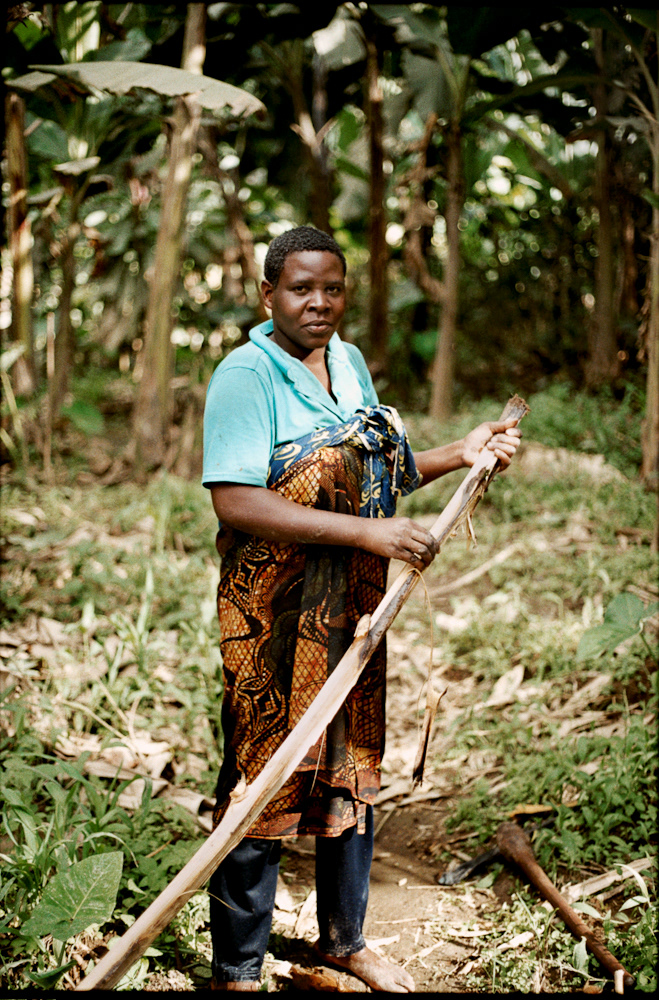
A local woman strips the bark from a felled tree from the plunge pool of the local waterfall.
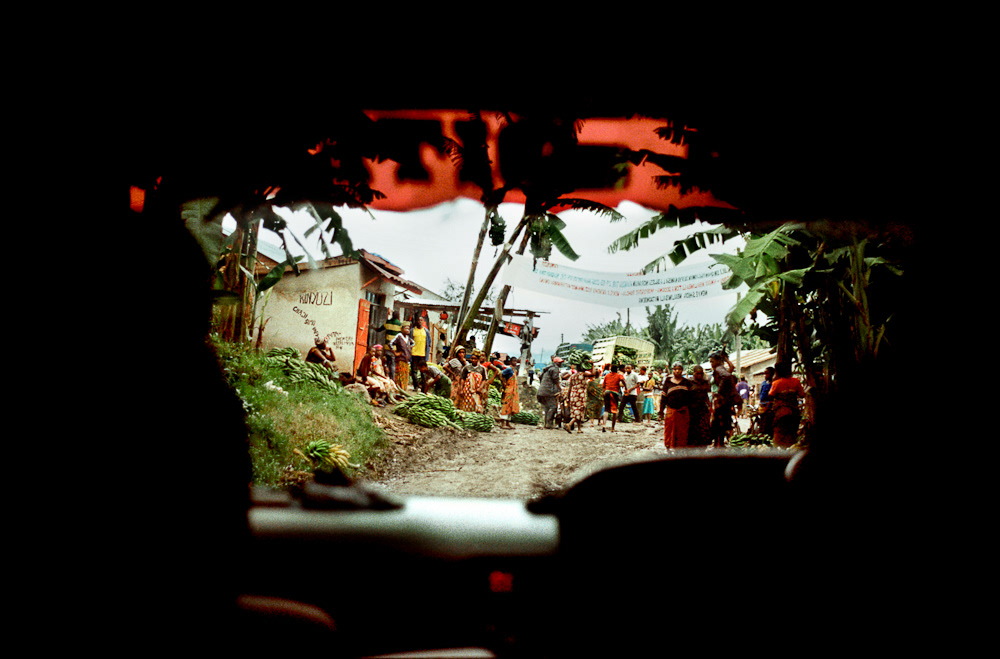
The windscreen view of our minibus as we approached the bustle of a local market
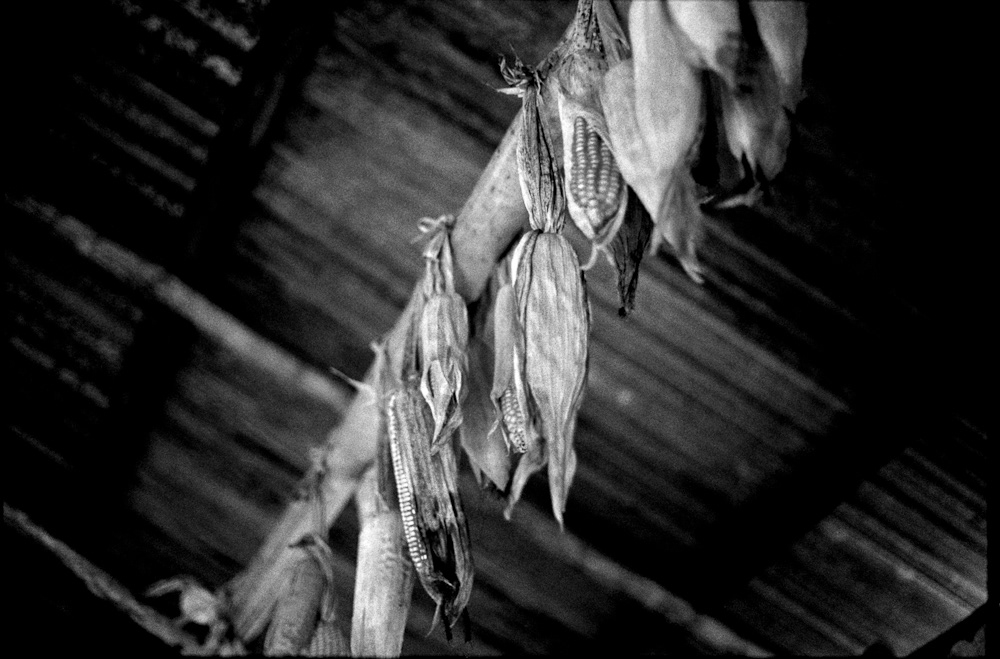
Maize is a staple in Tanzania and can be seen hanging from the beams of homes and community buildings such as this one
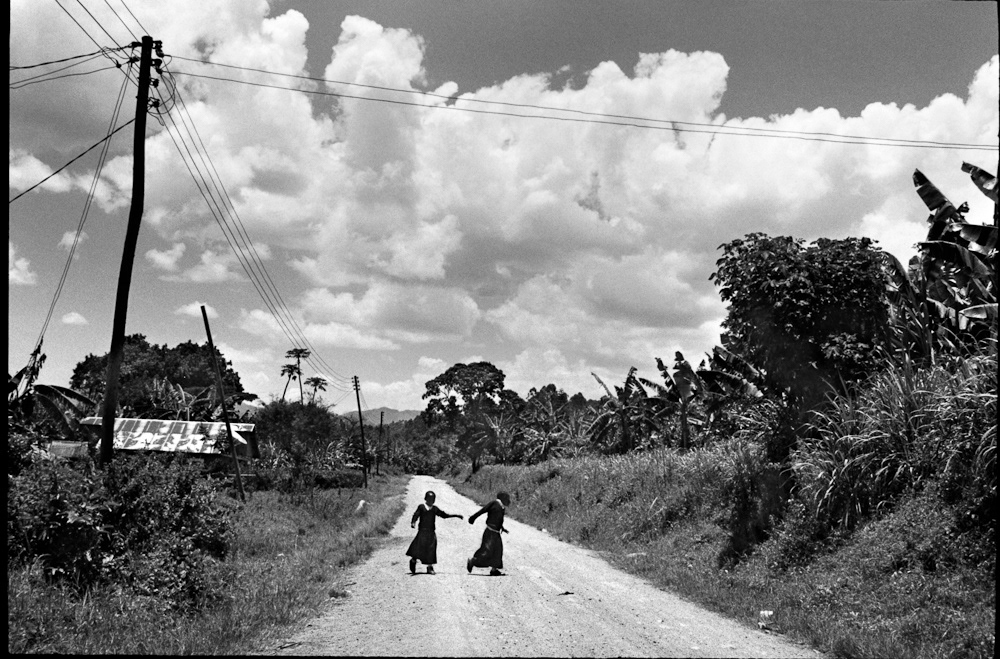
Two girls return from school along the villages main dirt road
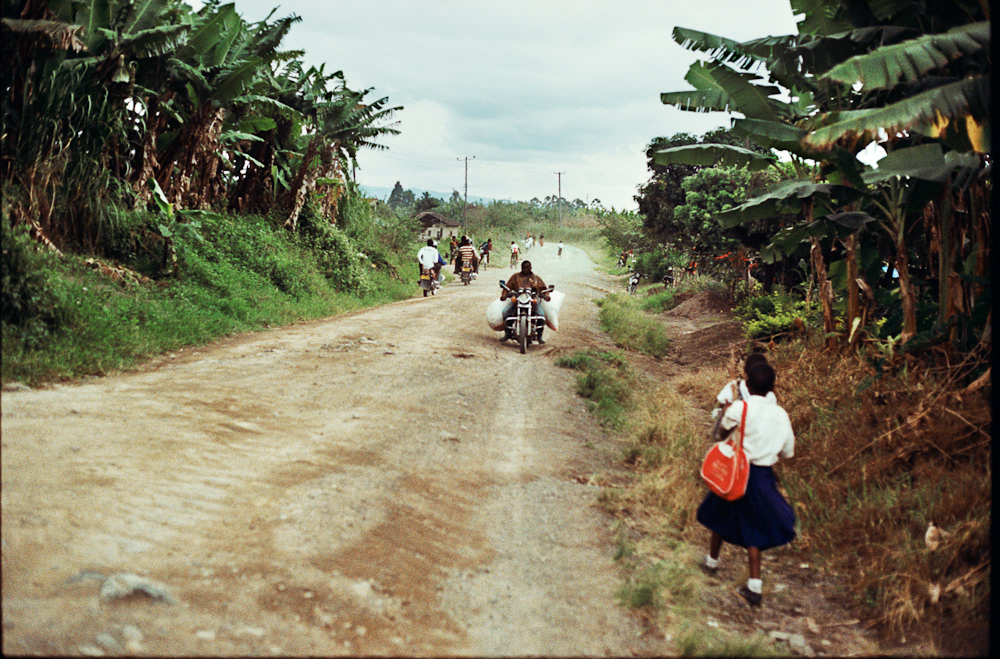
A view of the main dirt road leading out of the village. Pikipiki's (motorcycles) kick up the dirt all day long as good and people are transported from village to village. The children can walk for hours along this long road to get to their daily classes.
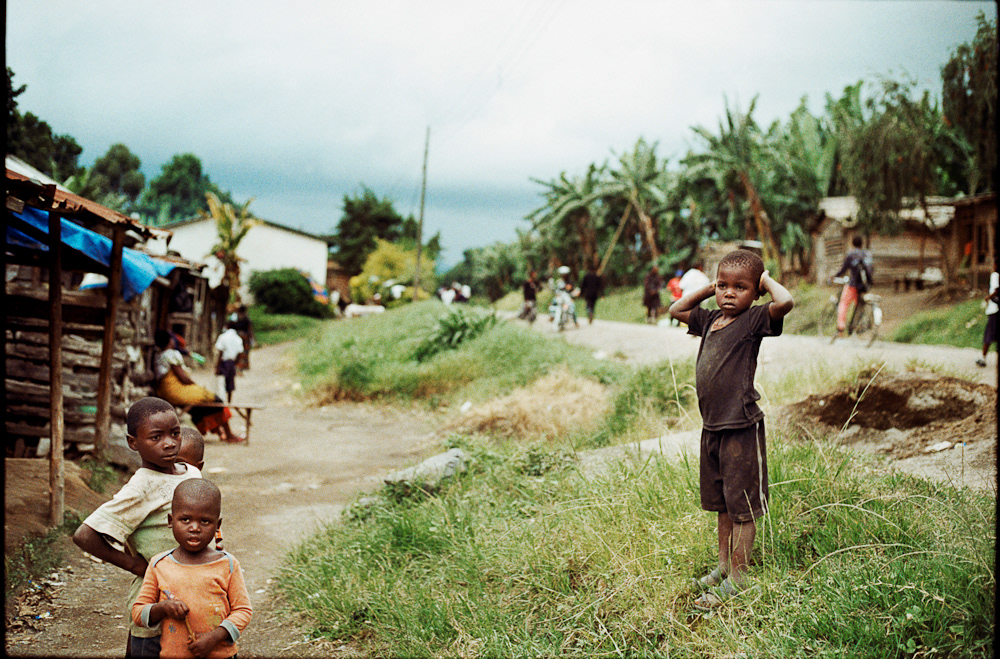
Two young boys watch the Mzungu (white person) curiously in the main hub of the village. Locals can be seen walking along the main road, going about their daily business
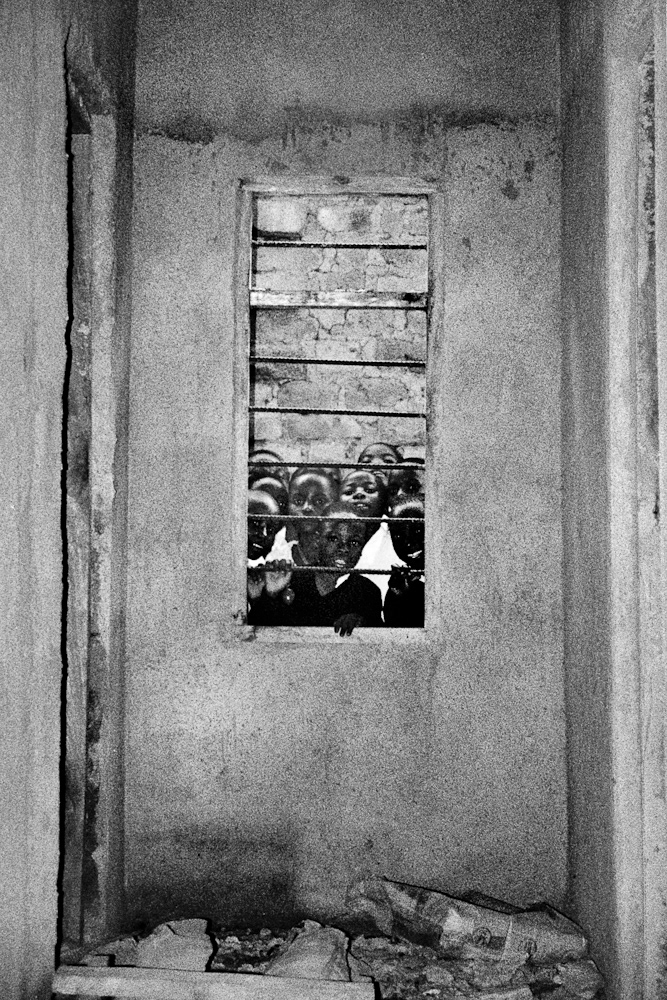
A group of school children gather around the window of our classroom on our first day in the village. All were keen to get a glimpse of the newcomers from the West
